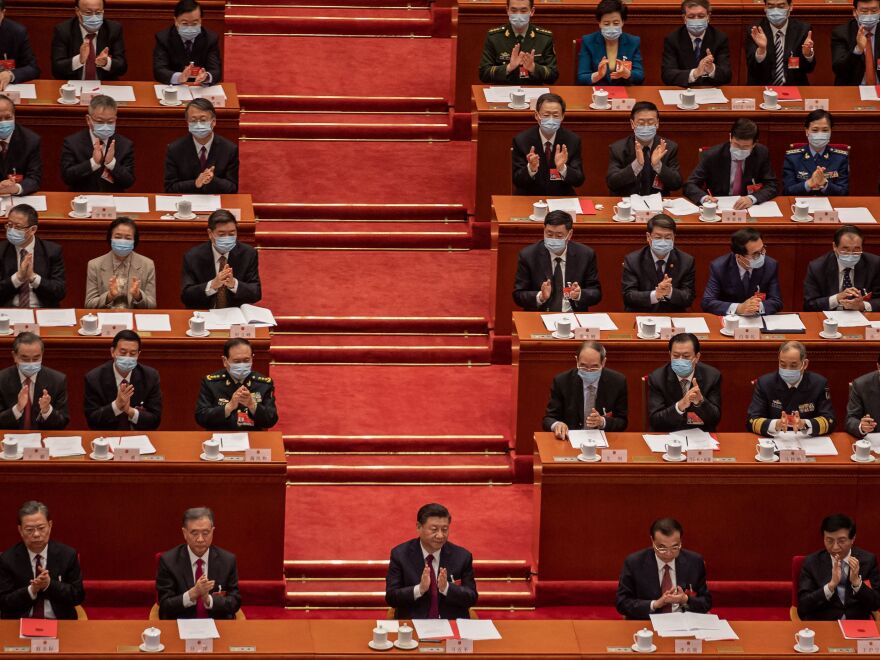Chinese officials approved a major overhaul to Hong Kong's electoral system on Tuesday that will change how elected officials are chosen in Hong Kong. The new electoral law establishes near-total control by Beijing in choosing Hong Kong's leaders.
The sweeping changes allow Beijing to vet candidates for Hong Kong's legislative council and election committee, which chooses the region's chief executive. That would guarantee Beijing-aligned majorities in each body.
The vetting committee responsible for selecting candidates will rely on information provided by the police's national security office, effectively blocking known pro-democracy protestors from joining.
Hong Kong has never been an electoral democracy, but under the region's Basic Law — a mini-constitution adopted after the region's return to Chinese rule in 1997 — residents were given the ability to vote for local district councilors and directly elect half of the region's legislators.
The electoral overhaul amounts to Beijing's latest move to enact more control over Hong Kong, a city where pro-democracy protestors took to the streets for months to object to mainland China growing dominance.
The measures approved Tuesday were expected, since China's legislature debated the policy changes earlier this month. The steps taken this week by the Standing Committee of the National People's Congress were largely a formality.
The changes were approved unanimously 167-0.
Copyright 2021 NPR. To see more, visit https://www.npr.org.



